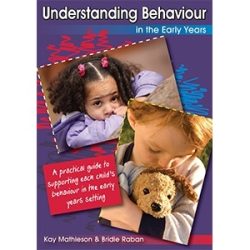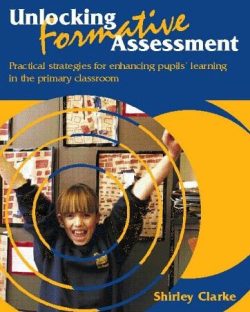Programming with the Early Years...
$49.45ISBN – 2770000014892
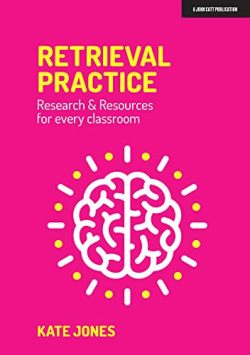 Retrieval Practice: Research and Resources for every classroom by Kate Jones
1 × $22.99
Retrieval Practice: Research and Resources for every classroom by Kate Jones
1 × $22.99  Raising Beaut Kids
1 × $35.00
Raising Beaut Kids
1 × $35.00 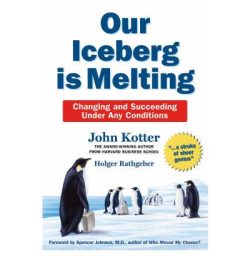 The Iceberg Is Melting
1 × $19.99
The Iceberg Is Melting
1 × $19.99 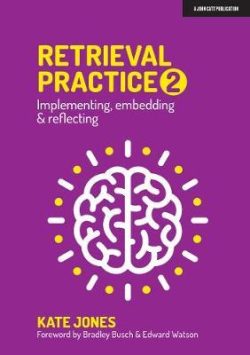 Retrieval Practice 2 : Implementing, embedding & reflecting by Kate Jones
1 × $22.99
Retrieval Practice 2 : Implementing, embedding & reflecting by Kate Jones
1 × $22.99 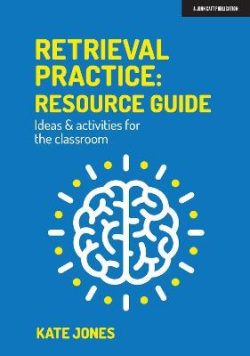 Retrieval Practice: Resource Guide: Ideas & activities for the classroom by Kate Jones
1 × $17.99
Retrieval Practice: Resource Guide: Ideas & activities for the classroom by Kate Jones
1 × $17.99 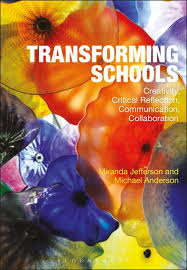 Transforming Schools
1 × $49.99
Transforming Schools
1 × $49.99  Teaching Sprints: How Overloaded Educators Can Keep Getting Better by Simon Breakspear and Bronwyn Jones
1 × $43.25
Teaching Sprints: How Overloaded Educators Can Keep Getting Better by Simon Breakspear and Bronwyn Jones
1 × $43.25 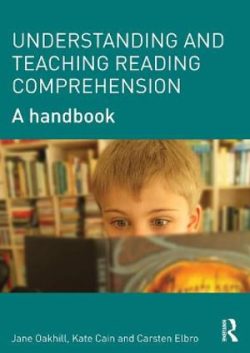 Understanding and Teaching Reading Comprehension: A handbook by Jane Oakhill, Kate Cain, Carsten Elbro
1 × $110.00
Understanding and Teaching Reading Comprehension: A handbook by Jane Oakhill, Kate Cain, Carsten Elbro
1 × $110.00 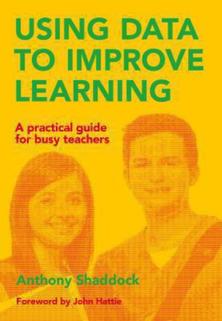 Using Data To Improve Learning
1 × $51.95
Using Data To Improve Learning
1 × $51.95  Understanding and Teaching the Australian Curriculum- Geography for Primary Schools
1 × $35.95
Understanding and Teaching the Australian Curriculum- Geography for Primary Schools
1 × $35.95 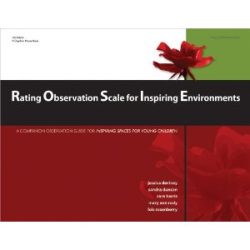 Rating Observation Scale For Inspiring Environments (ROSIE)
1 × $44.95
Rating Observation Scale For Inspiring Environments (ROSIE)
1 × $44.95 Subtotal: $455.04 (incl. tax)
Showing 21–40 of 43 results
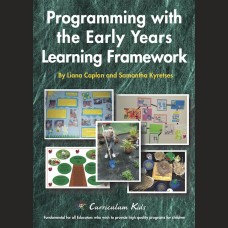
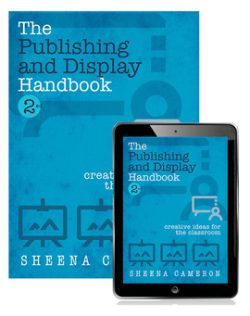



The research supporting retrieval practice is overwhelming; it is an effective and essential teaching and learning strategy. Leaders, teachers, students and parents all need to know about this strategy and how it can enhance learning. Retrieval practice is being widely used across schools and the research continues to shape classroom practice.
After the success of Retrieval Practice: Research & Resources for every classroom, Kate Jones, an evidence-informed teacher and leader, takes the discussion further, going beyond the background, basics, and benefits of this strategy.
This book focuses on the effective implementation of retrieval practice to support both teachers and leaders to ensure retrieval practice becomes firmly embedded in classroom routines. There are contributions from leading academics and a range of subject specialists reflecting, offering their wisdom and expertise as to how retrieval practice can be utilised to have a positive impact in the classroom and on outcomes.
From the latest research to addressing common mistakes and tackling retrieval practice during a global pandemic, Retrieval Practice: Implementing, embedding & reflecting takes a fresh and in-depth look at this tried and tested technique.

Retrieval practice is a strategy in which bringing information to mind enhances and boosts learning. In this punchy and accessible book, Kate Jones gives educators strategies and tips for using this powerful technique in their classrooms.

As part of the successful and popular Retrieval Practice collection by Kate Jones, this practical resource guide is the go-to guide for a wide range of retrieval practice tasks that teachers can use in their classrooms. There are over fifty evidence-informed and creative, tried and tested, classroom resources and strategies to support retrieval practice. These include starter tasks, tasks to support literacy and revision as well as a range of recommended online quizzing tools. For each resource, there is an explanation with top tips and visuals for easy implementation. All of the resources provided aim to be low effort, high impact. Low effort for the teacher in terms of workload but high impact on student learning. Regardless of the subject or age range taught there are plenty of takeaways for every teacher – a handy retrieval resource guide for every teacher and every classroom.
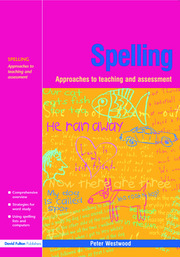
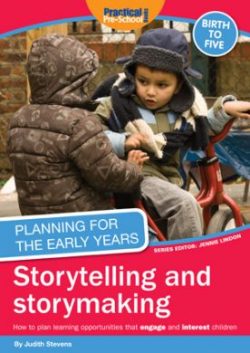

Enhance teachers’ expertise – in every term, every school year.
With all of the everyday demands of teaching, the job of improving classroom practice is a challenge for teachers and school leaders. Grounded by research and field-tested around the world, Teaching Sprints offers a professional improvement process that works in theory and practice.
Including insights from the field, and practical protocols, this book outlines a simple model for engaging in short bursts of evidence informed improvement work. Using Teaching Sprints, teams of teachers can enhance their expertise together, in a way that is sustainable on the ground.
In Teaching Sprints, readers will find:
Three big ideas about practice improvement
A detailed description of a simple improvement process
Advice on how to establish a routine for continual improvement
Whether you’re a classroom teacher thinking about your own practice, an instructional leader supporting colleagues to teach better tomorrow, or a school leader interested in enhancing your program for professional learning, Teaching Sprints is a must-read for you.
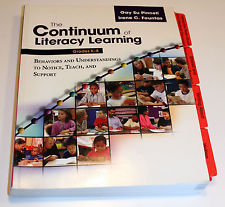

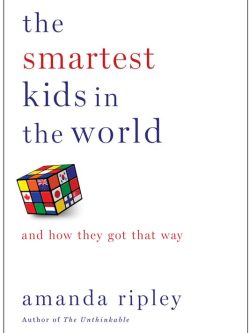
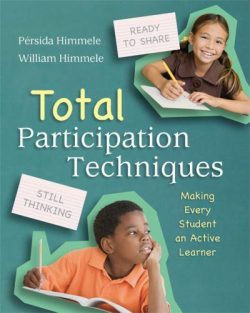


The ultimate aim of reading is not the process but to understand what we read and comprehension can take place at many different levels. There has been an increasing emphasis on the importance of reading comprehension in recent years but despite this there is very little written on this vital topic accessible to trainee and practicing teachers.
The Handbook of Reading Comprehension presents an overview of recent findings on reading comprehension and comprehension problems in children. It provides a detailed examination of the characteristics of children who have reading comprehension difficulties, and examines ways in which comprehension can be supported and improved. It is accessibly written for students and professionals with no previous background in the psychology of reading or reading problems.
This indispensable handbook asks the question ‘what is comprehension?’ The authors consider comprehension of different units of language: understanding single words, sentences, and connected prose and outline what readers (and listeners) have to do to successfully understand an extended text. This book also considers comprehension for different purposes, in particular reading for pleasure and reading to learn and explores how reader characteristics such as interest and motivation can influence the comprehension process.
Different skills contribute to successful reading comprehension. These include word reading ability, vocabulary knowledge, syntactic skills, memory, and discourse level skills such as the ability to make inferences, knowledge about text structure, and metacognitive skills. The authors discuss how each one contributes to the development of reading comprehension skill and how the development of these skills (or their precursors) in pre-readers, provides the foundation for reading comprehension development.
Areas covered include:-
Throughout the text successful experimental and classroom based interventions will be highlighted, practical tips for teachers and summary boxes detailing key points and explaining technical terms will be included in each chapter.

